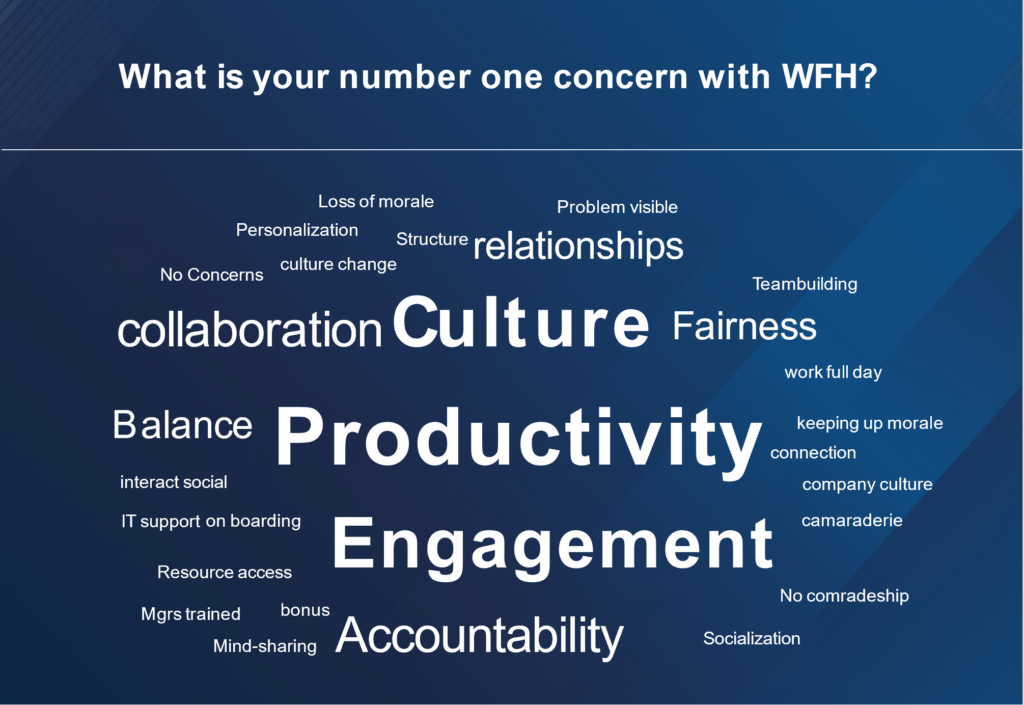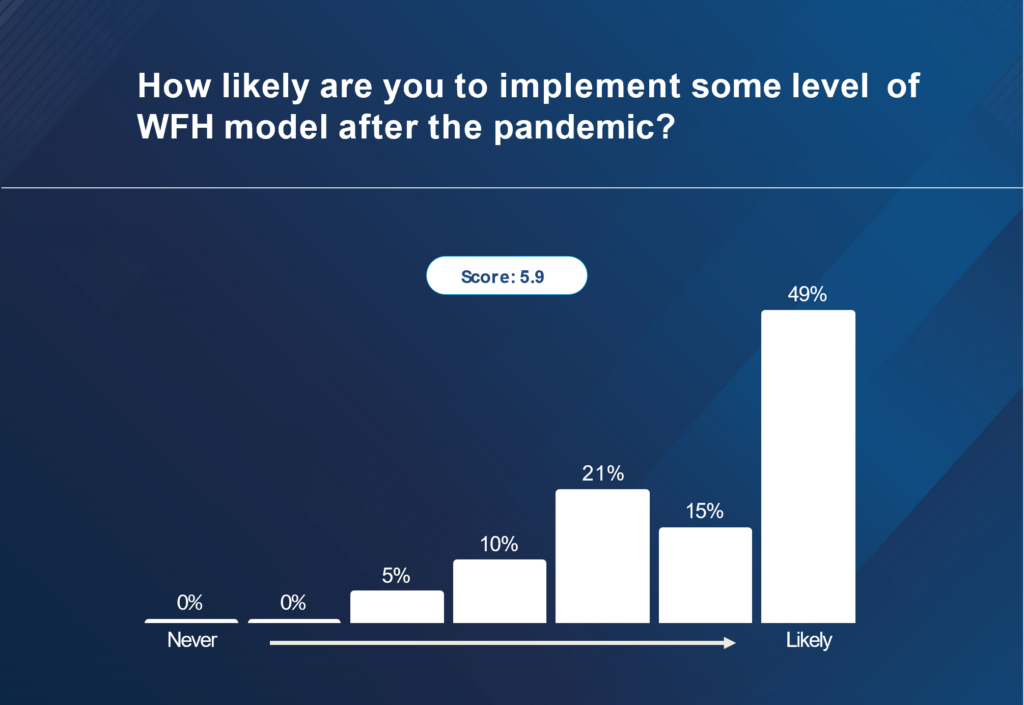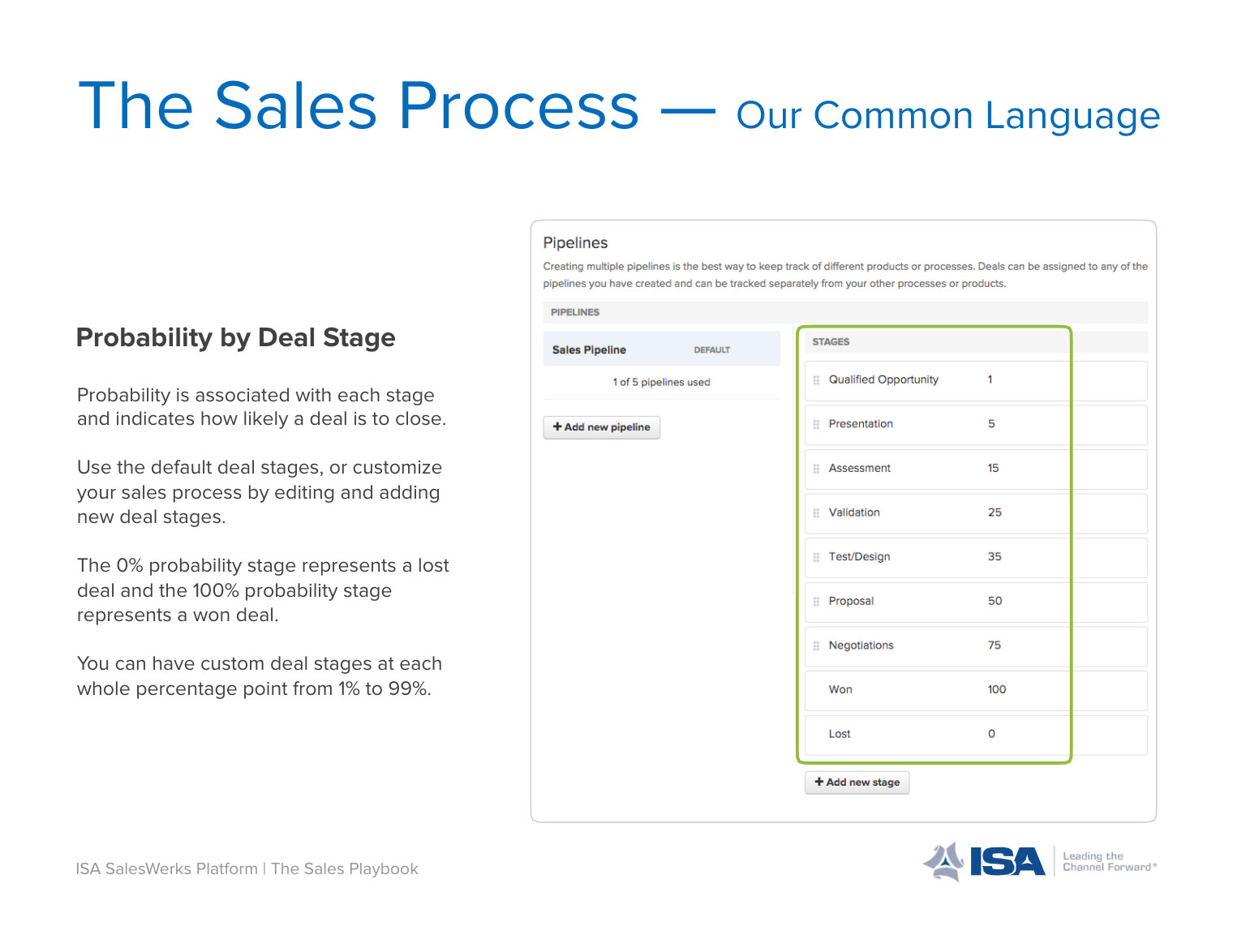As part of the recent ISA 21, an interactive roundtable discussion was held virtually to allow the companies in this channel to explore ideas, share challenges and present findings with the goal of deciphering the future of work from home (WFH) post-COVID.
Rob Keenan, President at Seco Tools and host of the roundtable discussion shared that he “found the group to be highly engaged and collaborative where participants openly shared their experiences and best practices with each other in a transparent way.” To see the full survey results from the roundtable, click here.
But for a moment, let’s put aside the influence COVID-19 has had on many companies and focus on the pro’s and con’s of WFH and the most important question… what is the bottom line?
Why Are We Talking About This?
When scrolling through your LinkedIn feed or skimming any business publications, within minutes you will undoubtedly come across an article talking about WFH. Discussions around this topic are everywhere! Why?
For many, March 2020 was a moment when companies scrambled to get their teams set up working from home. This process was probably a little clumsy with many learning as they go. Did they have the right technology in place? Did they understand how to run their teams virtually? Did they know how to engage customers via video? The list goes on and on.
More than a year later, many companies are able to safely bring their workforces back to the office. The question is… should they?
Choices: Continued WFH, Bring them Back or Hybrid Model… Pro’s and Con’s
Let’s start with expenses… in the latest corporate filing from Google, it was reported that WFH helped the company save over $1B in a single year “primarily” as a result of COVID-19. Obviously, this is a big figure from a big company but the P&L line items probably have the same titles; reduced travel and entertainment, office related expenses, and trade-show participation to name a few. I’m sure many of you are reconciling last year’s expenses against business performance and wondering, can I continue to grow revenue with these line items staying at the same level? The cost savings are hard to ignore.
That said, there would be new expenses associated with WFH. During the ISA 21 WFH Round Table, participants were asked what expenses they would be willing to cover for their employees working from their homes. Standard tech infrastructure (computers, phones, etc.) topped the list but some respondents shared that they would be willing to reimburse expenses related to utilities like internet and electricity as well as some office furniture. Roundtable participants were also asked which job roles were best suited for work from home (top responses – Customer Service, Inside Sales and IT) which raises another question… should all WFH employees receive the same reimbursed expenses and/or equipment? How do we make this fair?

Focusing on the soft side for a moment… there are some major concerns. Those surveyed shared that decreases in productivity, employee engagement, company culture and collaboration were the top concerns when looking at a WFH model for their company. “This tells us that the soft skills are still top of mind and what makes a truly successful company” says Rob Keenan. The shift to WFH or hybrid models could mean that the traditional ways of mitigating these concerns might not remain effective and would require new management capabilities.
The time and/or cost associated must be a consideration if a company wants to seriously pursue a departure from the in-person office experience. That said, according to a study cited by the Society for Human Resource Management (SHRM), productivity is not deterred by the shift to remote work nor is it impossible to promote your company culture virtually. It just takes a new approach (SHRM has lots of good resources, policies and templates related to WFH).
Switching from concerns to opportunities… Attracting and retaining next-gen talent remains a top challenge for all companies in this channel. WFH gives employers the ability to provide something beyond compensation to their employees… flexibility and time back. The option to stay home allows employees to spend less time commuting, more time with their friends and families and, in many cases, increasing their overall happiness. Allison Beacham, host of the ISA podcast Hi-Po, shares that “Millennials are looking well beyond just compensation when evaluating their employment options. Many are as concerned or more concerned with the quality of life they will have… the employers that understand that and offer fair compensation and a culture that values their happiness will be the winners in the race for talent” says Beacham. That said, not all employees want to work from home, making flexible schedules, rotating calendars, or hybrid WFH models a great way for employees to get what they want and keep them happy and productive.
 The Point
The Point
Of those surveyed, most are going to implement some form of WFH model post-pandemic. COVID-19 forced us all to experiment with new ways of doing business. The reality is that the train has left the station with people barely remembering life before COVID. Employers have taken a look back over the previous year’s P&L and their expensive empty office space with a fresh perspective. Does anyone really believe that the shift in expenses will completely snap back? And on the non-expense side, given that some employees have gotten used to being at home and have proven that hard work and productivity is possible outside of the office, should employers expect them to be happy returning?
“Those who chose not to adapt may face difficulty in finding and keeping the best talent. This is new territory for most companies in this channel” says Rob Keenan. I truly believe that, as always, the market will be dictated by the customer. In this case, the very best employees are the “customers” and the employers that want to attract and retain the best of the best will need to make sure their company offers not just competitive compensation. They must offer the potential for employees to be truly happy at work… wherever that may be.































